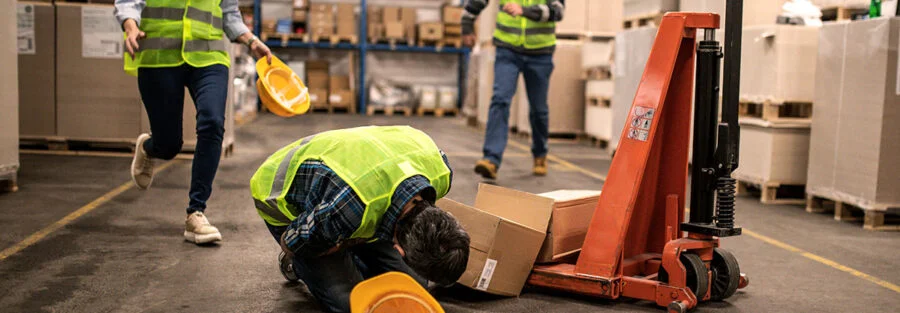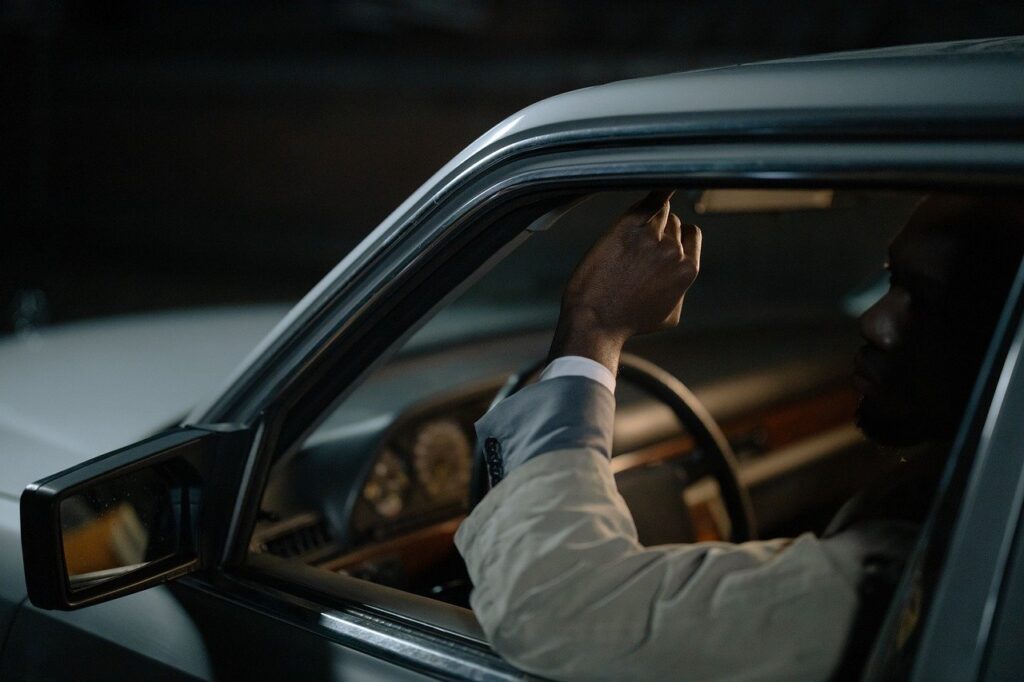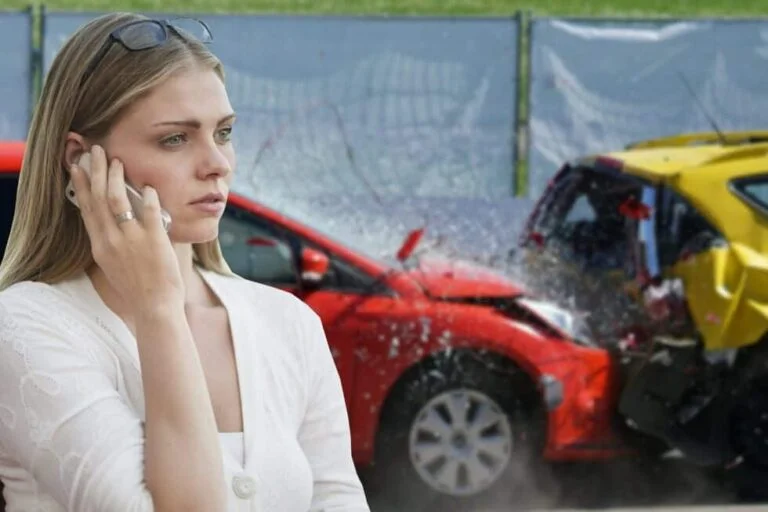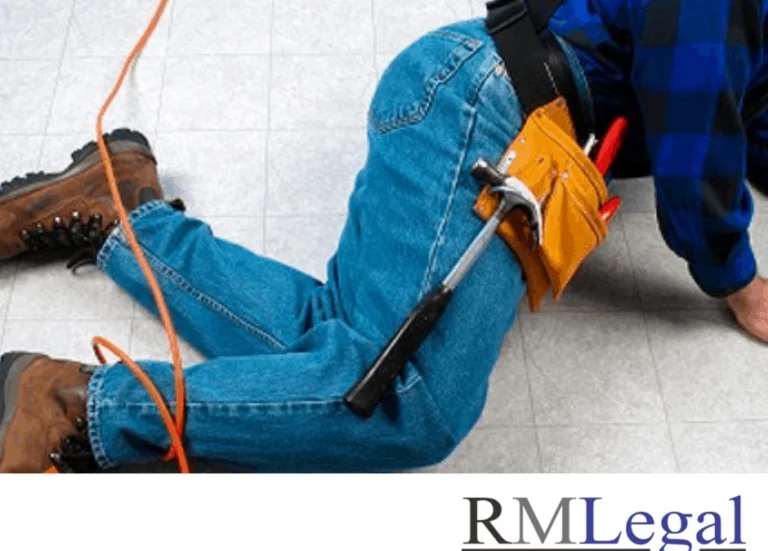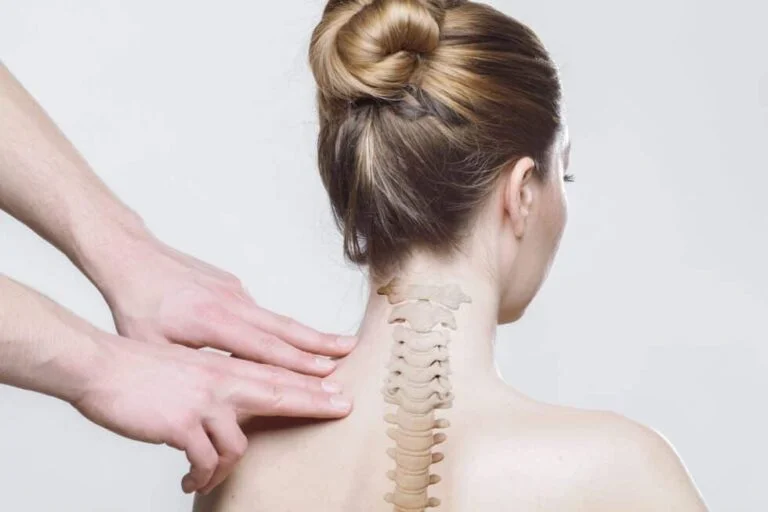Why Some Personal Injury Cases Don’t Settle Before Trial
Most personal injury cases settle before ever reaching a courtroom. In fact, over 90% of civil cases resolve through negotiation. But when a case does proceed to trial, it’s often because serious disputes stand in the way of a fair settlement. At Big River Trial Attorneys in Baton Rouge, we believe clients deserve to understand why some cases just don’t settle. Here are the most common reasons a personal injury case may not resolve before trial: Contested Liability: Who’s at Fault? One of the biggest barriers to settlement is disagreement over who caused the accident. In some cases, the parties strongly disagree on who was at fault—or whether the injured person shares some blame. For example: In a car accident, both drivers may claim they had the green light. In a slip and fall case, the business may argue that the hazard was open and obvious or that the victim was distracted. Louisiana follows comparative fault rules, meaning an injured person’s recovery can be reduced if they were partly responsible. If the defendant (or their insurance company) believes the plaintiff is 50% or more at fault, they may refuse to offer a reasonable settlement. Insurance Adjusters Don’t Recognize the True Value of the Case Insurance companies are businesses—not advocates for your well-being. They often undervalue claims to protect their bottom line. Common tactics include: Offering “lowball” settlements far below what your case is worth. Ignoring non-economic damages like pain and suffering. Discounting the long-term impact of injuries. When an adjuster won’t offer fair compensation, the only remaining path may be trial. Going before a jury can level the playing field and force the insurance company to answer for their unreasonable evaluation. Disputes Over the Severity of the Injuries Another major reason cases don’t settle is disagreement over how badly someone is hurt. Insurance companies will often: Claim your injuries are “pre-existing” or unrelated to the accident. Question your need for certain medical treatments. Argue that you recovered quickly and don’t deserve ongoing compensation. These tactics are especially common when the injuries are not easily visible, such as concussions, back injuries, or soft tissue damage. If the insurer doesn’t believe your pain is real—or won’t admit how much it affects your life—settlement negotiations may break down. Lack of Witnesses or Conflicting Evidence Some cases involve a “he said, she said” scenario. If there are no neutral witnesses, or if physical evidence is lacking or contradictory, the defense may take a gamble that the jury will side with them. This uncertainty can stall negotiations, especially if the insurance company believes they have a chance at winning in court. Unreasonable Defendant or Insurance Carrier Occasionally, a case doesn’t settle simply because the other side refuses to be reasonable. This can happen when: A defendant insists they did nothing wrong, regardless of the evidence. An insurance company has a “zero settlement” policy until just before trial. The case has high stakes or potential for a large jury verdict, prompting the insurer to delay resolution. Some insurers are known for being difficult or for dragging out claims in hopes that injured people will give up. Strategic Advantage In certain situations, both sides may benefit from taking a case to trial. For the plaintiff, a trial may: Offer the chance at a higher award than any pre-trial offer. Create public accountability for dangerous behavior. Help shape future settlement negotiations by showing you’re willing to fight. Your attorney may recommend trial not out of stubbornness, but because it’s the best way to protect your rights and get the compensation you deserve. Conclusion: Trial Isn’t Failure—It’s a Path to Justice At Big River Trial Attorneys, we explore every opportunity to settle our clients’ cases fairly and quickly. But when the insurance company won’t act in good faith, we’re fully prepared to take your case to court. You deserve an advocate who isn’t afraid to stand up and fight—because your recovery is too important to accept less than you’re owed. If you’ve been injured and want to know whether your case is likely to settle or go to trial, schedule a free consultation with our Baton Rouge team today. We’ll walk you through your options and help you make the best decision for your future.

